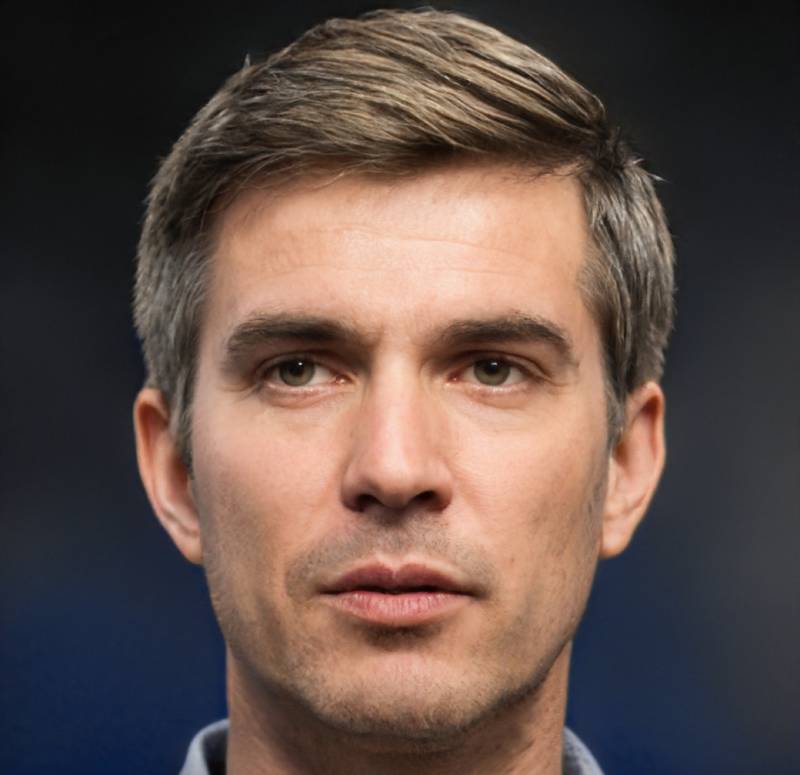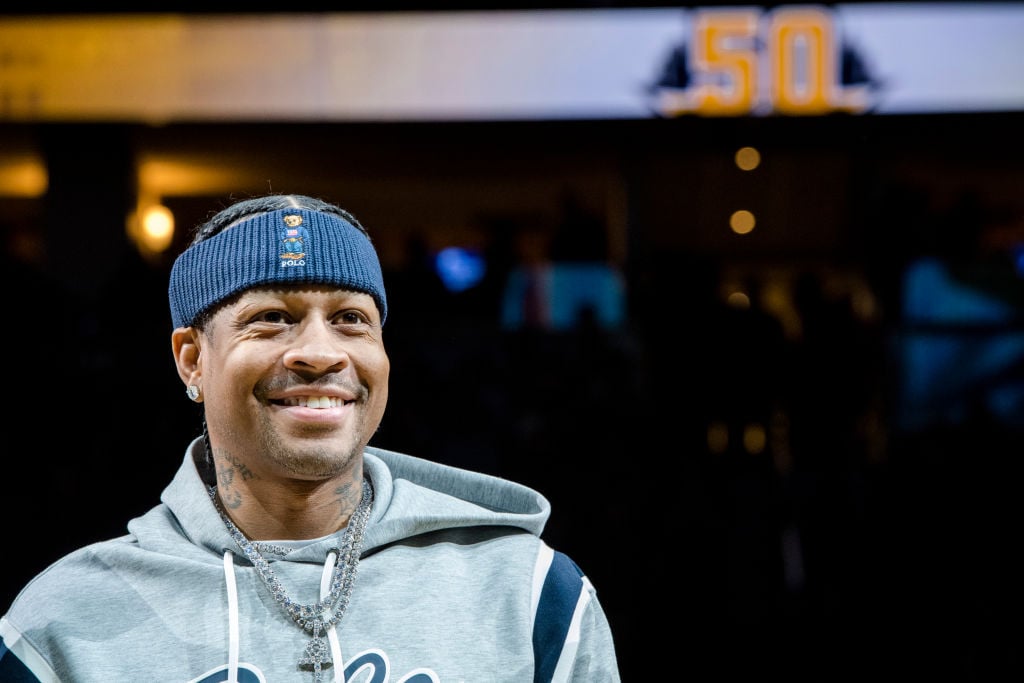Today marks the 50th birthday of Allen Iverson, a renowned basketball legend. As he celebrates this milestone, he also anticipates a significant event: in five years, on his 55th birthday, he will gain access to a $32 million trust fund established by Reebok in 2001. This article explores how Iverson’s financial journey led to this arrangement and what it means for his future.
Origins of the Trust Fund
During his illustrious 15-year NBA career, Allen Iverson achieved remarkable accolades, including 11 All-Star selections, an MVP title, and four scoring championships. In 2008, ESPN ranked him as the fifth-best player in NBA history, trailing only basketball icons like Michael Jordan and Kobe Bryant. Iverson amassed an impressive $154.5 million in salary throughout his career, with a peak earning season in 2008-2009 when he made $20.8 million with the Detroit Pistons. Notable contracts included a six-year deal worth $71 million in 1999 and a four-year deal for $77 million in 2003.
However, his later years in the league were tumultuous, with Iverson jumping from team to team following a public feud with the Philadelphia 76ers in the 2005-2006 season. He attempted international play in Turkey and China, but both stints fell short of success.
In addition to his salary, Iverson earned $50 million through endorsements, mostly from Reebok, with whom he signed a significant contract in 1996 shortly after being drafted first overall. After winning the MVP award in 2001, Iverson renegotiated with Reebok on a unique deal that included:
- 1) An annual payment of $800,000 for life.
- 2) Ongoing earnings of $5-10 million annually during his playing career.
- 3) A trust fund of $32 million to be inherited on his 55th birthday.
Discovery of Financial Troubles
Despite his substantial earnings estimated between $200 million to $250 million before taxes, Iverson encountered severe financial challenges not long after retiring. Reports revealed his extravagant spending habits, which included maintaining an entourage of up to 50 people, investing in luxury items, and an affinity for high-stakes gambling. Iverson was known to gamble over a million dollars in a single evening.
His financial difficulties came to national attention when his ex-wife, Tawanna, filed for divorce, seeking custody and financial support for their five children. In a December 2012 court filing, Iverson disclosed a monthly income of $62,500 against expenses amounting to $360,000, leading to a deficit of $300,000 monthly—an annual debt waterfall of $3.6 million. Some of his monthly expenditures included:
- $125,000 for mortgage and other debts.
- $10,000 on dining and entertainment.
- $10,000 on groceries.
- $10,000 on clothing.
Understanding Iverson’s financial plight, Tawanna petitioned the court for a share of the annual pension and the future trust fund, dispelling previous assumptions about its confidentiality.
Assessing the Wisdom of the Trust Fund
In retrospect, many view the trust fund as a savvy financial strategy, often likening it to Bobby Bonilla’s famous long-term payment deal with the New York Mets. In a similar vein, the structure of Iverson’s trust fund ensures steady income while providing a significant future payout.
However, the decision to establish such a fund raises questions about its long-term financial benefits. Had Iverson invested the $32 million at a conservative annual return of 5%, it could have grown to an impressive $87 million by 2030. With wider market averages suggesting even higher returns, the potential value of the trust could have soared further.
While hindsight offers clearer insights into investment strategies, it’s crucial to acknowledge that the arrangement provides Iverson with a stable income and a substantial future benefit, offering him financial security devoid of risk. In that sense, the plan may indeed be regarded as a prudent choice for his later years.

Meet William, a proud Bethel University alumnus with a fervent passion for lifestyle and culture topics. His keen interest doesn’t stop there; he’s also deeply engrossed in current events of all kinds. William dedicates himself wholeheartedly to this site, thriving on the collaborative energy he shares with Suzanne, his long-standing partner in crime.
Having navigated their university courses side by side for years, their teamwork on the site is nothing short of dynamic. Together, they bring a unique blend of insights, proving that two heads are indeed better than one in delivering compelling content.













